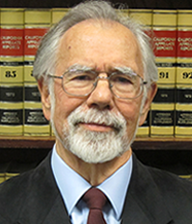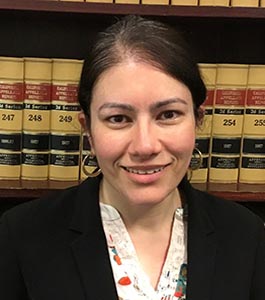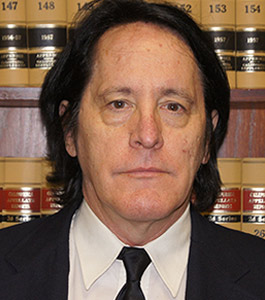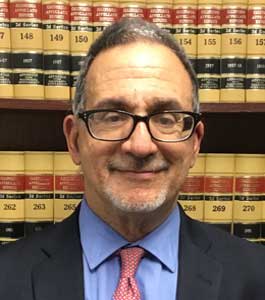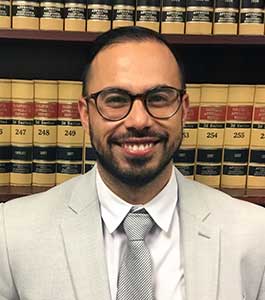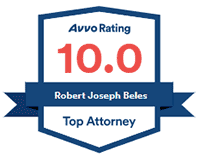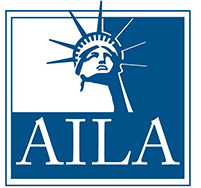DUI Checkpoints and What You Should Know
Law enforcement officers need probable cause before they stop a vehicle but due to a supreme court ruling sobriety checkpoints are considered legal because the court ruled that the danger of drunk driving outweigh the “degree of intrusion” of a DUI checkpoint. Even though sobriety checkpoints are allowed there are still regulations on how they can be set up and operated, and our Oakland criminal lawyers want you to know your rights in case you are ever stopped at one.
DUI Checkpoint Standards
The supreme court has outlined the following regulations for how a checkpoint may be operated.
- A supervising officer must make all operational decisions
- The checkpoint must be reasonably located
- The criteria for stopping motorists must be neutral
- Drivers should be detained for as little time as possible
- Roadblock should be publicly advertised in advance
While DUI checkpoint don’t have to be announced in advance you can check local police department websites or local TV news as they will often announce roadblocks in advance.
What to Expect When You’re Stopped at a DUI Checkpoint
DUI checkpoints will funnel a road down to one or two lanes before coming to a stop. An officer will ask the driver of the vehicle to roll down the window and ask to see the driver’s license and registration. Officers usually have a brief conversation with the driver as well to help determine if the driver is under the influence of drugs or alcohol. During this interaction, the officer is looking for signs of intoxication including:
- The driver fumbling when reaching for their license and registration
- Smells of alcohol coming from the car
- Any alcoholic beverages or drug paraphernalia in the vehicle
- Slurred speech, red, watery eyes, or other signs that the driver is physically impaired
If the officer notices any of these signs then the officer will likely start a drunk driving investigation. The officer may ask the driver to:
- Submit to a DUI mouth swab test to determine if the driver has drugs in his or her system
- Perform California DUI field sobriety tests (horizontal gaze test, walk and turn test, or one leg stand test)
- Take a Preliminary Alcohol Screening (“PAS”) breath test
- In some counties the officer may also test for marijuana as well.
Based on these tests the officer may have probable cause to believe that the driver is driving under the influence and can arrest the driver. It is important to remember that a PAS is optional if you have not been arrested yet. Once you have been arrested though you are not allowed to refuse a PAS test and doing so could result in you losing your license and stricter DUI penalties.
Arrested on a DUI Charge? Call Us!
If you have been arrested for driving under the influence it is important that you seek legal representation immediately. Our DUI lawyers can help you with your case and will do their best to have your case dismissed. Don’t face a DUI charge alone. Call our Oakland criminal lawyers today or contact us online.
| Robert Beles | - | State Certified Criminal Law Specialist |
| Anne Beles | - | State Certified Criminal Law Specialist |
| Paul McCarthy | - | State Certified Appellate Law Specialist |
| Emilio Parker | - | State Certified Immigration Law Specialist |
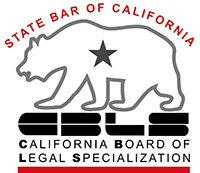
Contact us for a free consultation: (510) 836‑0100
Let our experience work for you. We can help!


